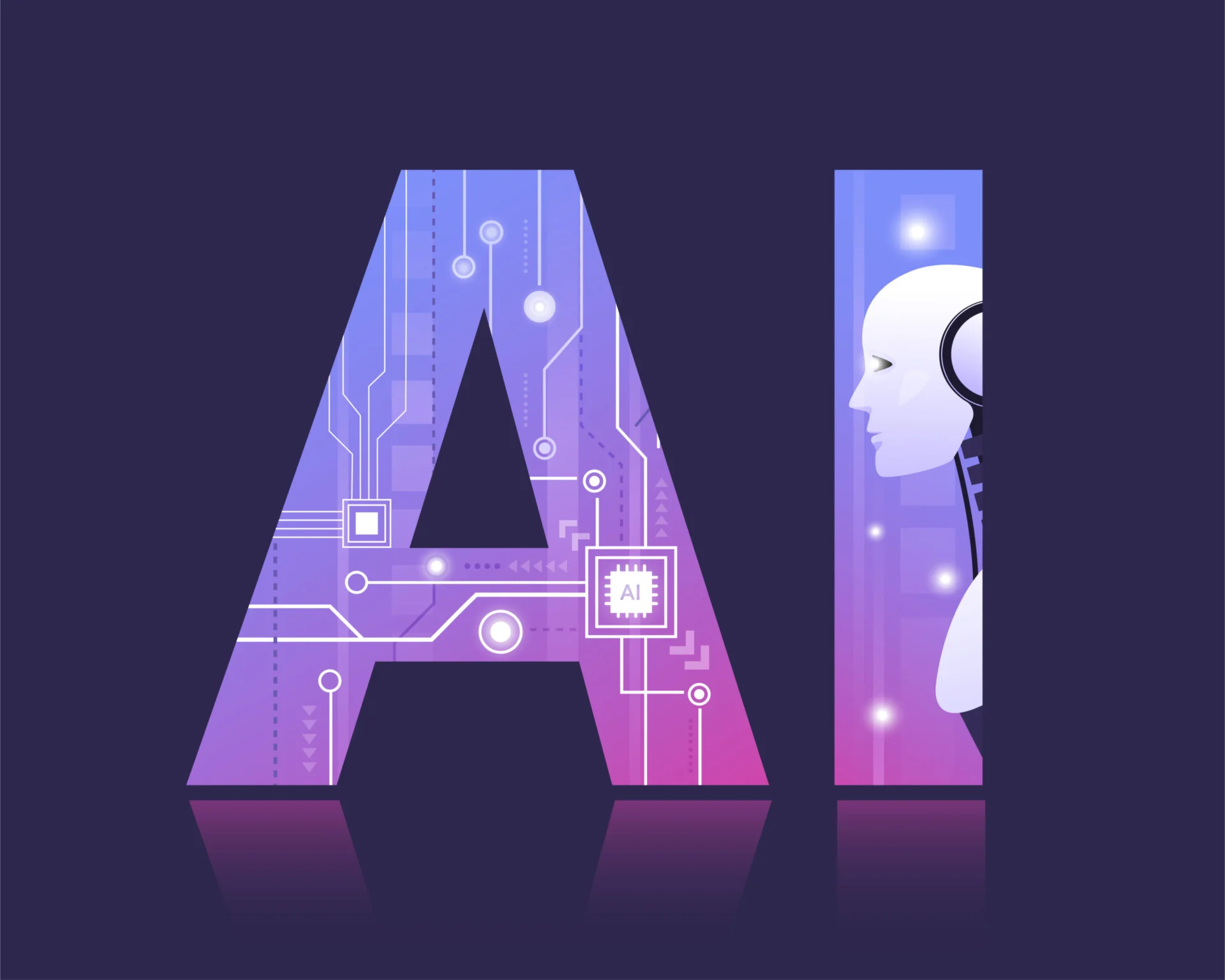There may be no shortcuts in life, but OpenAI’s Startup Program 2025 comes pretty close giving founders a faster, smarter way to build with AI.
Artificial Intelligence (AI) has become the defining technology of this decade, and early-stage founders are uniquely positioned to shape its future in Startup. But while the opportunities are endless, the path is often unclear: How do you validate your product idea? How do you access technical expertise when your team is still small? How do you stand out to investors in a crowded AI market?
That’s where the OpenAI Startup Program 2025 comes in. More than just a funding or perks initiative, this program is a structured shortcut for founders who want to accelerate their journey in building transformative AI products. From live technical build hours to VC-backed perks, it provides both the knowledge and resources you need to go from idea to impact.
This guide breaks down exactly how to make the most of the OpenAI Startup Program 2025 so you don’t just join, but thrive.
Why the OpenAI Startup Program Matters for Founders
The AI landscape is moving fast. Models, frameworks, and use cases are evolving almost weekly, and founders often struggle to keep up. The OpenAI Startup Program offers:
- Direct access to experts → Skip trial and error with guidance from people who built the tech.
- Community support → Learn from fellow founders solving similar problems.
- Ready-to-use resources → Cookbooks, GitHub repos, and case studies that save weeks of research.
- Visibility with investors → Perks and recognition through VC-backed networks.
For founders at the ideation or MVP stage, this program can provide clarity, confidence, and speed three things startups can’t afford to ignore.
Key Program Resources (and How to Use Them Effectively)
1. Live Build Hours: Your Shortcut to Technical Guidance
What it is: Scheduled sessions where OpenAI engineers and experts help you build, debug, and optimize your product.
How to make the most of it:
- Come prepared. Don’t just show up with a vague idea — have a list of specific questions or technical hurdles.
- Prioritize blockers. Use the time to resolve what’s preventing you from moving forward, not “nice-to-have” improvements.
- Document everything. Assign someone from your team to take detailed notes so you can apply insights long after the session ends.
Pro Tip: Treat build hours like mini-consulting sessions worth thousands of dollars. The more focused you are, the more value you’ll walk away with.
2. Cookbooks & GitHub Repos: Templates That Save Time
What it is: Prebuilt guides, templates, and codebases from OpenAI’s ecosystem.
How to make the most of it:
- Don’t reinvent the wheel. Use templates as a starting point, then customize them for your product.
- Study the patterns. Look at how successful repos structure prompts, manage APIs, or integrate with other services.
- Share back. If you improve a repo or discover a new application, contributing it builds credibility and community goodwill.
Example: A startup building an AI-powered customer support tool can adapt OpenAI’s chatbot cookbook to cut development time in half.
3. Case Studies: Learning from Real-World Applications
What it is: Success stories from startups that have already built impactful products using OpenAI’s technology.
How to make the most of it:
- Look for parallels. Don’t just read success stories and analyze which challenges are similar to yours.
- Reverse-engineer their roadmap. Note how they went from idea → MVP → scale.
- Avoid pitfalls. Many case studies highlight mistakes; use them to save your startup from the same errors.
Pro Tip: Turn case studies into discussion points with your team. Ask, “How does this apply to us?”
4. Events & Networking: Building Your Founder Circle
What it is: Community events, webinars, and networking opportunities curated by OpenAI.
How to make the most of it:
- Engage, don’t just attend. Ask questions, share your progress, and connect with speakers afterward.
- Find accountability partners. Partner with another startup founder to share feedback and keep momentum.
- Leverage visibility. Presenting at these events can boost your profile with investors and early adopters.
Example: A founder who actively engaged in community sessions not only solved a technical challenge but also found their first pilot customer in the program community.
5. VC-Backed Perks: More Than Just Discounts
What it is: Exclusive perks and connections through venture capital networks that support the program.
How to make the most of it:
- Think beyond freebies. Credits and discounts are great, but the real value lies in relationships with VCs and mentors.
- Craft your narrative early. Use the program as a rehearsal stage for your investor pitch.
- Ask for introductions. Don’t wait until you’re raising building relationships with investors early increases your chances later.
Pro Tip: Treat VC perks as “warm intros” you wouldn’t normally get. Leverage them to build your fundraising pipeline.
Also Read
Govt Announces URAAN AI Techathon 1.0 – A Game-Changing Opportunity for Startups in PakistanIs the Program Free? Here’s What You Should Know
One of the most common questions founders have is whether the OpenAI Startup Program 2025 is free. The answer: yes, but with important details.
- Application and access to core resources like live build hours, cookbooks, GitHub repositories, and case studies are completely free for all founders.
- If your startup is backed by leading VCs such as Sequoia, a16z, Thrive, Kleiner Perkins, or Conviction Partners, you’ll unlock additional perks. These include free API credits, increased rate limits, exclusive events, and 1:1 sessions with OpenAI engineers.
- Once your free API credits run out, your usage automatically shifts to OpenAI’s standard pay-as-you-go billing model, which means you’ll pay only for the tokens and services you consume.
In short, the program is designed to give founders a risk-free launchpad. You get immediate access to tools and support, and you only pay if you scale beyond the free credits.
Practical Tips for Founders in the Program
- Set measurable goals. Define what success looks like for you (MVP launch, first 100 users, fundraising prep).
- Stay consistent. Dip into resources weekly instead of bingeing once and disappearing.
- Engage with peers. Your fellow founders are facing the same hurdles sharing knowledge multiplies your learning.
- Document your journey. Write down progress and lessons this not only helps your team but also positions you as a thought leader in the ecosystem.
The OpenAI Startup Program 2025 isn’t just another accelerator or perk bundle. It’s a launchpad for founders who want to build products that matter in the AI era.
Yes, the resources are powerful. But the real magic happens when you, the founder, show up prepared, stay proactive, and make every interaction count. The startups that thrive aren’t the ones with the best ideas, they’re the ones who learn fastest, adapt quickly, and leverage every resource available.
So, if you’re part of the program, commit fully. Use the build hours, dive into cookbooks, learn from case studies, network relentlessly, and make investors remember your name.
Your startup doesn’t just need AI to succeed. AI needs founders like you builders willing to shape its future responsibly and ambitiously.
Final Thought:
The question isn’t whether the OpenAI Startup Program can help your company. The question is: How much will you choose to take from it?
Now’s your chance. Don’t just participate to maximize it.
Why Founder Institute Pakistan Could Be Your Launchpad
FAQ
Yes, applying and accessing the core resources is free. VC-backed startups also receive free API credits, increased rate limits, and 1:1 sessions with OpenAI engineers. After free credits are used, startups switch to standard pay-as-you-go billing.
The program includes live build hours with OpenAI engineers, cookbooks and GitHub repos, case studies, guides, AMAs, meetups, and founder-only events.
Early-stage founders working on AI-powered products who want to save time, avoid costly mistakes, and gain direct access to OpenAI’s ecosystem of tools, support, and networking opportunities.




